

Authors
Co-Chairs

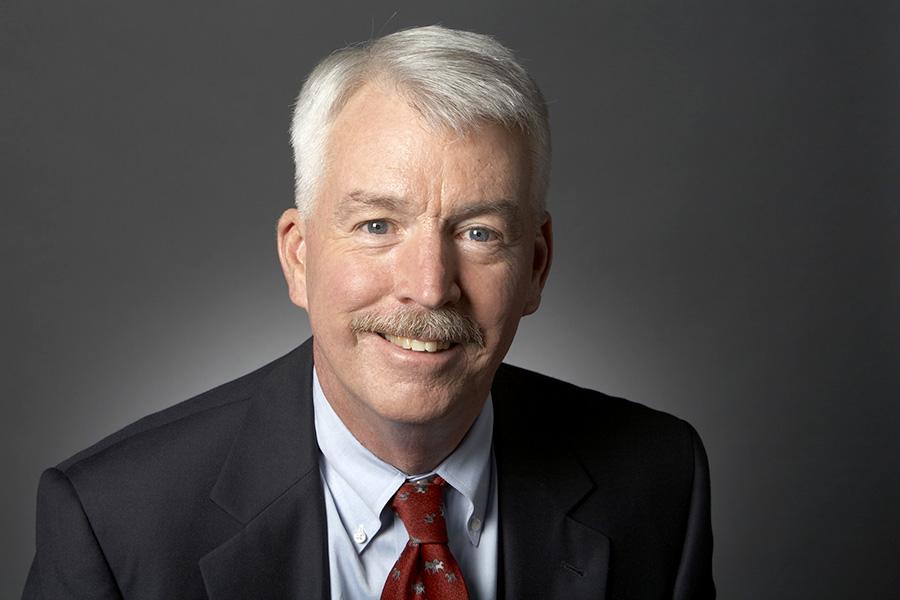
Authors by Country
Canada

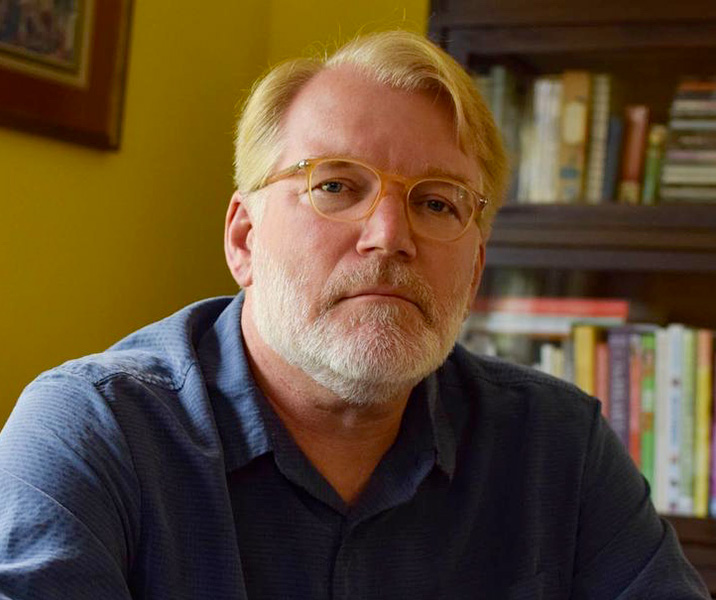
China

Germany

India

Mexico
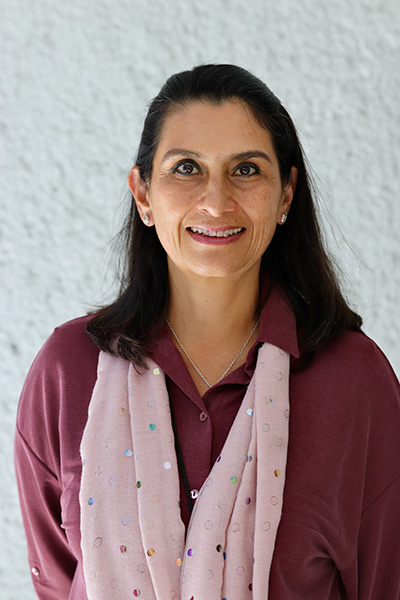
Nigeria

Philippines

Switzerland

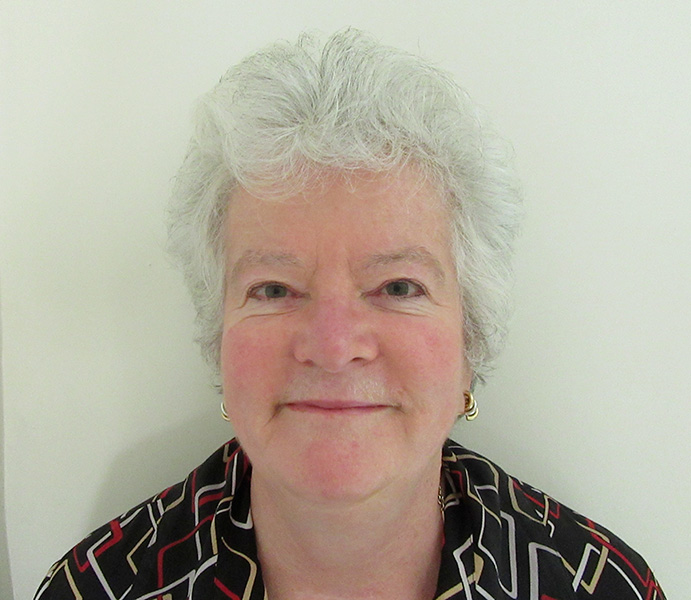

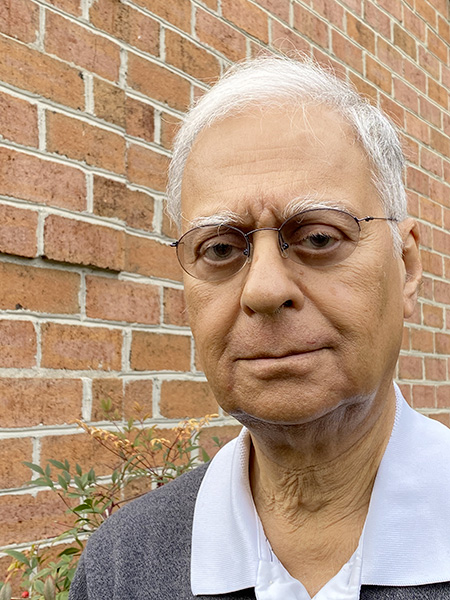

United Kingdom

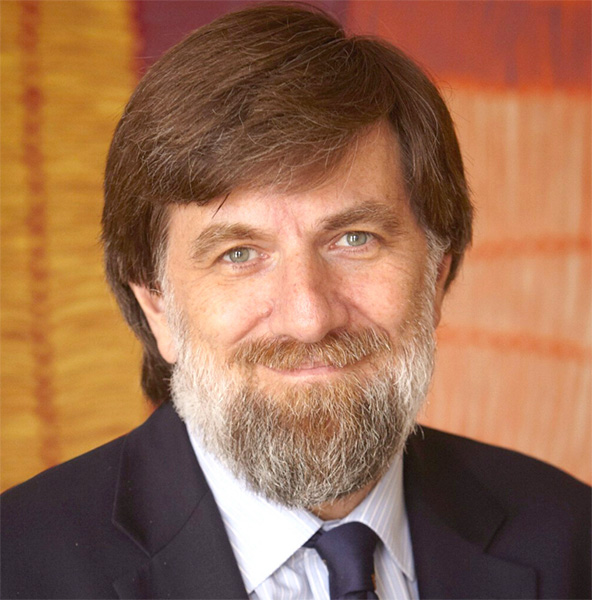
United States








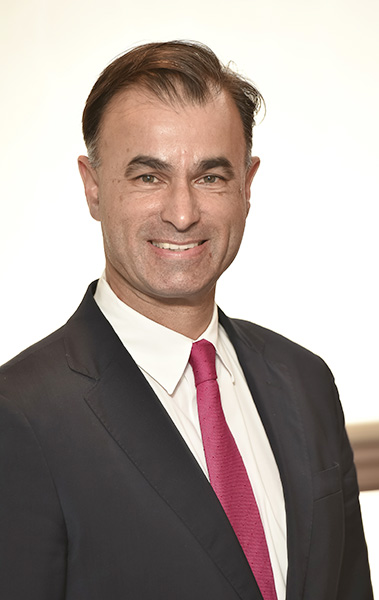




Michael Brauer, ScD
Professor, School of Population and Public Health, University of British Columbia; Affiliate Professor, Institute for Health Metrics and Evaluation, University of Washington

Michael Brauer is a Professor in the School of Population and Public Health at The University of British Columbia and a Principal Research Scientist and Affiliate Professor at the Institute for Health Metrics and Evaluation at the University of Washington, where he leads the Environmental, Occupational and Dietary Risk Factors team for the Global Burden of Disease. His research focuses on linkages between the built environment and human health, with specific interest in the global health impacts of air pollution, the relationships between multiple exposures mediated by urban form and population health, and health impacts of a changing climate. He has participated in monitoring and epidemiological studies throughout the world and served on numerous committees, including those advising the World Health Organization, the Climate and Clean Air Coalition, the World Heart Federation, the US National Academies, the Royal Society of Canada, the International Joint Commission and governments in North America and Asia. His contributions to environmental health have been recognized by a number of career achievement and publication awards.
Why was an update to the Commission necessary?
Important to highlight the progress that has been made in several areas (WaSH and Household Air Pollution), the need and urgency to continue to engage in others (outdoor air pollution, lead) and to highlight current/future concerns (linkages to climate change). In addition, there has been new knowledge and changes to assessment methods that improve the timeliness, accuracy and utility of estimates of pollution impacts on health.
What is the main change you would like to highlight?
Continued progress on household air pollution and water/sanitation but little progress/worsening of impacts of outdoor air pollution (also, methodology improvements).
What’s next?
Integrating pollution control with efforts to adapt to climate change and to reduce climate-forcing emissions.